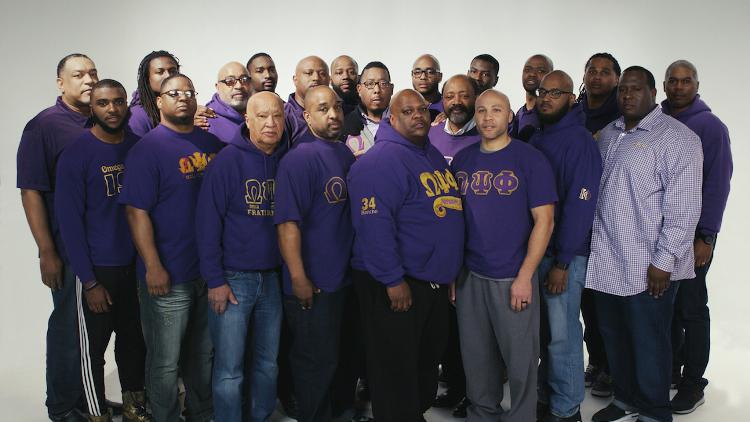|
Here’s how you can help the Center for Victims end violence against women and girls
By Emily Stimmel
Awareness is great. But Pittsburgh’s men are being challenged to step up in a new way in the fight against domestic violence and sexual assault through a new TV campaign by the Center for Victims. With awareness of sexual violence and “toxic masculinity” on the rise thanks to social media campaigns like the #MeToo movement, the agency is kicking off Sexual Assault Awareness Month with a new public service announcement, which will air throughout April on local TV stations. We know that one in three women worldwide has been abused or coerced into sex. And yet domestic violence, sexual assault and rape have been deemed “women’s issues” and relegated to the background for generations. Since launching its MEN Challenge in 2014, the Center for Victims has worked to spread the message that everyone has a responsibility to end violence against women and girls. Over the past four years, the initiative — featuring high-profile figures like Dwayne Woodruff and Art Rooney, II in its first commercial — has grown to include more than 300 men who have committed to doing their part. How can this campaign help? “The power of the #MeToo movement is threefold,” says Tyler Dague, Center for Victims’ community relations associate. “First, it continues to illustrate — to many people for the first time — how widespread and prevalent sexual misconduct is in our society across all socioeconomic and cultural divides. “Second, it reveals the long-running battle victims and survivors of sexual violence have been fighting for years,” he says. “Third — crucially — is the hope it gives to survivors, families and communities that it is possible to enact meaningful change around these sensitive and taboo issues.” At a moment when all of this is swirling around in the culture, the Center for Victims is forging partnerships with community organizations, schools and professional groups. The goal? To “engage a diverse and passionate group that can carry the torch past mere awareness to meaningful action,” Dague says. “Knowing what you should do is one thing; doing it is another.” Just one example: Through education and training, the agency’s staff is helping members of the Iota Phi Chapter of Omega Psi Phi Fraternity speak up about violence against women and girls. Pittsburgh members of the international Black men’s professional organization will appear in the new MEN Challenge PSA. Omega Psi Phi has collaborated with Center for Victims for two years now, but, “We are just getting the ball rolling in terms of getting some work done in the community,” says member Devin Patterson. “The fraternity is taking steps towards holding ourselves accountable to other men and having conversations and educating younger men to be cognizant of their views and behavior towards women,” adds Patterson, a counselor at Community College of Allegheny County. These conversations, Patterson says, cover everything from boundaries and consent to recognizing that being a strong man isn’t about “dehumanizing and objectifying women.” What more can men do? Formal collaborations are one way to make an impact. Individual Pittsburgh men can also sign a pledge to demonstrate their commitment to advocating for victims and survivors, and educate themselves — and others — on healthy relationships. They can also work to model healthy masculinity and support the work of victim service agencies by volunteering and donating. “#MeToo has shown that many of us have stories to tell, all of us have roles to play and we all can add value to this cause,” says Dague. He believes the TV spot “is a perfect example of what it looks like to see a need, speak up and then take action.” According to Dague, ending violence against women and girls requires a collective effort from people throughout the community. “While the pledge is the first step, it cannot be the last,” he says. “Listening and believing victims, supporting legislation to assist in administration of justice, ongoing attempts to start difficult conversations with friends, family members or neighbors — the true challenge is what comes after the pledge.”
|
.
Any original material on these pages is copyright © BishopAccountability.org 2004. Reproduce freely with attribution.
